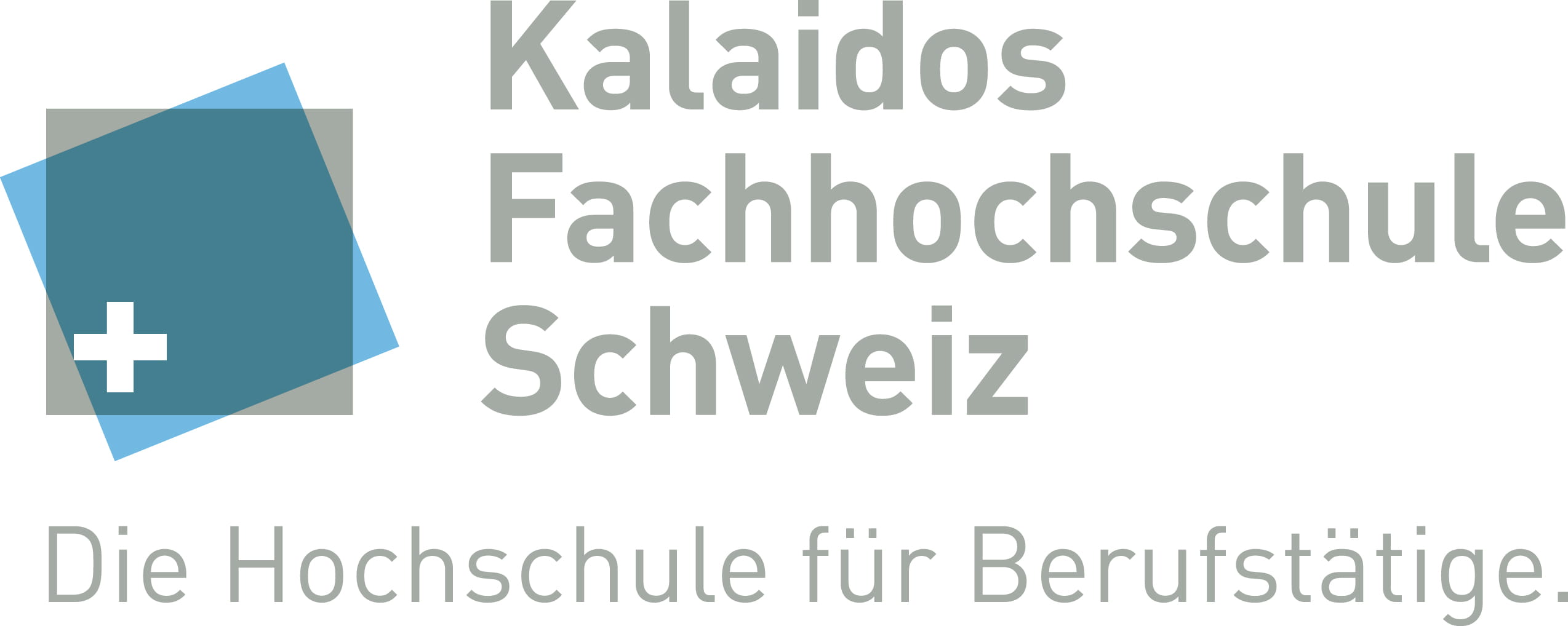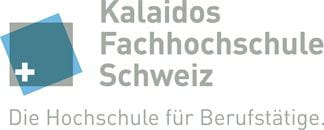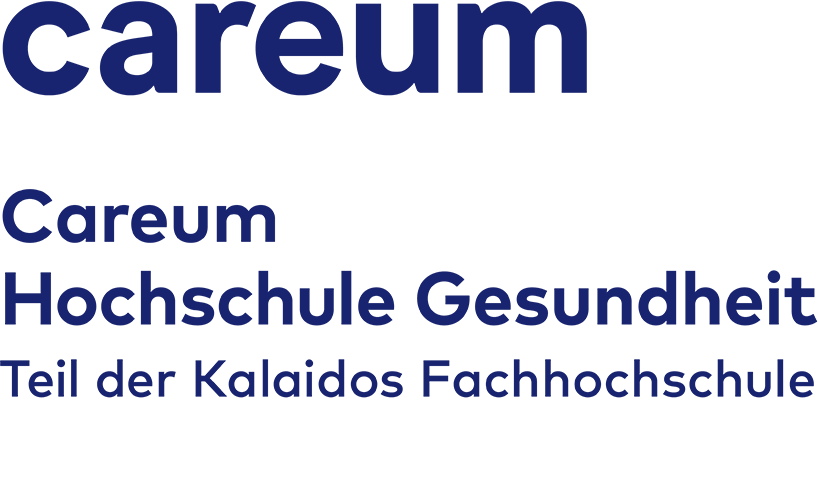work & care 2
Ausgangslage
Pflegende Angehörige sind bei chronischen Krankheitsverläufen oft in Kontakt mit professionellen Leistungserbringern – stationär, ambulant und zu Hause. Besonders wenn sie erwerbstätig sind, ist der Kooperations- und Koordinationsbedarf für pflegende Angehörige erheblich. Das Forschungsprojekt «work & care 2» hat die Schnittstellen zwischen professionellem und familialem Versorgungssystem untersucht.
Projekt
Careum Forschung führte die Vertiefungsstudie «Vereinbarkeit von Beruf und Pflege im institutionellen Versorgungskontext» mit drei Praxispartnern im Raum Aarau durch. Die Klinik Barmelweid, das Geriatriezentrum Lindenfeld und die Krebsliga Aargau boten die Möglichkeit, die Situation von erwerbstätigen pflegenden Angehörigen im Kontext von unterschiedlichen Krankheitsverläufen zu untersuchen. Zudem gewährten die Betriebe Einblick in Interaktionen zwischen Gesundheitsfachpersonen und Angehörigen in drei verschiedenen Versorgungssettings. Alle drei Betriebe waren sowohl an Forschungsdaten interessiert als auch an der Weiterentwicklung eines angehörigenfreundlichen Betriebs.
Die Ergebnisse der Folgestudie ermöglichten es, Angebote für erwerbstätige Angehörige und für die beteiligten Versorgungsinstitutionen zu verbessern oder neu zu entwickeln. Diese Angebote sind auch über die Praxispartnerbetriebe hinaus nutzbar. Rund um das Thema «work & care» fanden Präsentationen und Gesprächsrunden in der Familien- und Gesundheitspolitik statt, mit denen weiter für die Thematik sensibilisiert werden konnte. Im Sammelband «Who Cares? Pflege und Solidarität in der alternden Gesellschaft», der vom Schweizerischen Roten Kreuz herausgegeben wurde, erschien im Frühjahr 2013 der Beitrag «Berufstätigkeit und Angehörigenpflege vereinbaren», der die Erkenntnisse bündelt und gesamthaft darstellt.
Laufzeit
Mai 2010–Februar 2013
Drittmittel
Praxispartner
«Die Angehörigen unserer Patientinnen und Patienten sind für uns wichtig in der Pflege und Behandlung. Wir sehen auch noch Verbesserungspotenzial, das wir durch die Mitarbeit im Forschungsprojekt angehen wollen. Gerne unterstützen wir das Forschungsteam und stellen das praktische Forschungsfeld zur Verfügung.»
Hillevi Zimmerli, Pflegedienstleitung, Manuela Genner, Care Managerin, www.barmelweid.ch

«Wir engagieren uns für dieses Projekt, da es uns wichtig ist, dass wir die Schwierigkeiten der betroffenen Angehörigen besser kennen lernen, damit wir sie unsererseits gezielter unterstützen können. Ebenfalls ist es uns sehr wichtig, betroffenen Mitarbeitenden des Lindenfelds in solchen Situationen die nötige Unterstützung durch den Arbeitgeber zukommen zu lassen. Wir erhoffen uns, ein gesteigertes gegenseitiges Verständnis entwickeln zu können.»
Thomas Holliger, Direktor, Sven Egger, Aus- und Weiterbildung, stv. Pflegedienstleitung, www.lindenfeld.ch

«Krebsbetroffene werden häufig von Angehörigen gepflegt, die angesichts der Belastung an ihre Leistungsgrenzen gelangen. Die Krebsliga Aargau arbeitet gerne mit daran, Ansätze zur verbesserten Vereinbarkeit von Erwerbstätigkeit und familiärer Pflege zu entwickeln. Denn davon werden Betroffene, Angehörige, Arbeitgeber und die ganze Gesellschaft profitieren.»
Christine Honegger, Geschäftsführerin, Jeanette Schmid, Sozialberatung, www.krebsliga-aargau.ch

Publikationen
Bischofberger, I., Radvanszky, A., van Holten, K., & Jähnke, A. (2013). Berufstätigkeit und Angehörigenpflege vereinbaren. In Schweizerisches Rotes Kreuz (Hrsg.), Who Cares? Pflege und Solidarität in der alternden Gesellschaft (S. 162–184). Zürich: Seismo.
Bischofberger, I. (2012). Erwerbstätige pflegende Angehörige - drei zentrale Handlungsfelder. Soziale Sicherheit CHSS, (1), 6-8. PDF
Bischofberger, I. (2012). work & care: Die Unternehmen sind gefordert. Care Management, 5 (4), 23-25. PDF
Bischofberger, I., Jähnke, A., & Radvanszky, A. (2012). Neue Herausforderung: berufstätig sein und Angehörige pflegen: Double Duty Caregiving. Competence, 76 (10), 28-29. PDF





